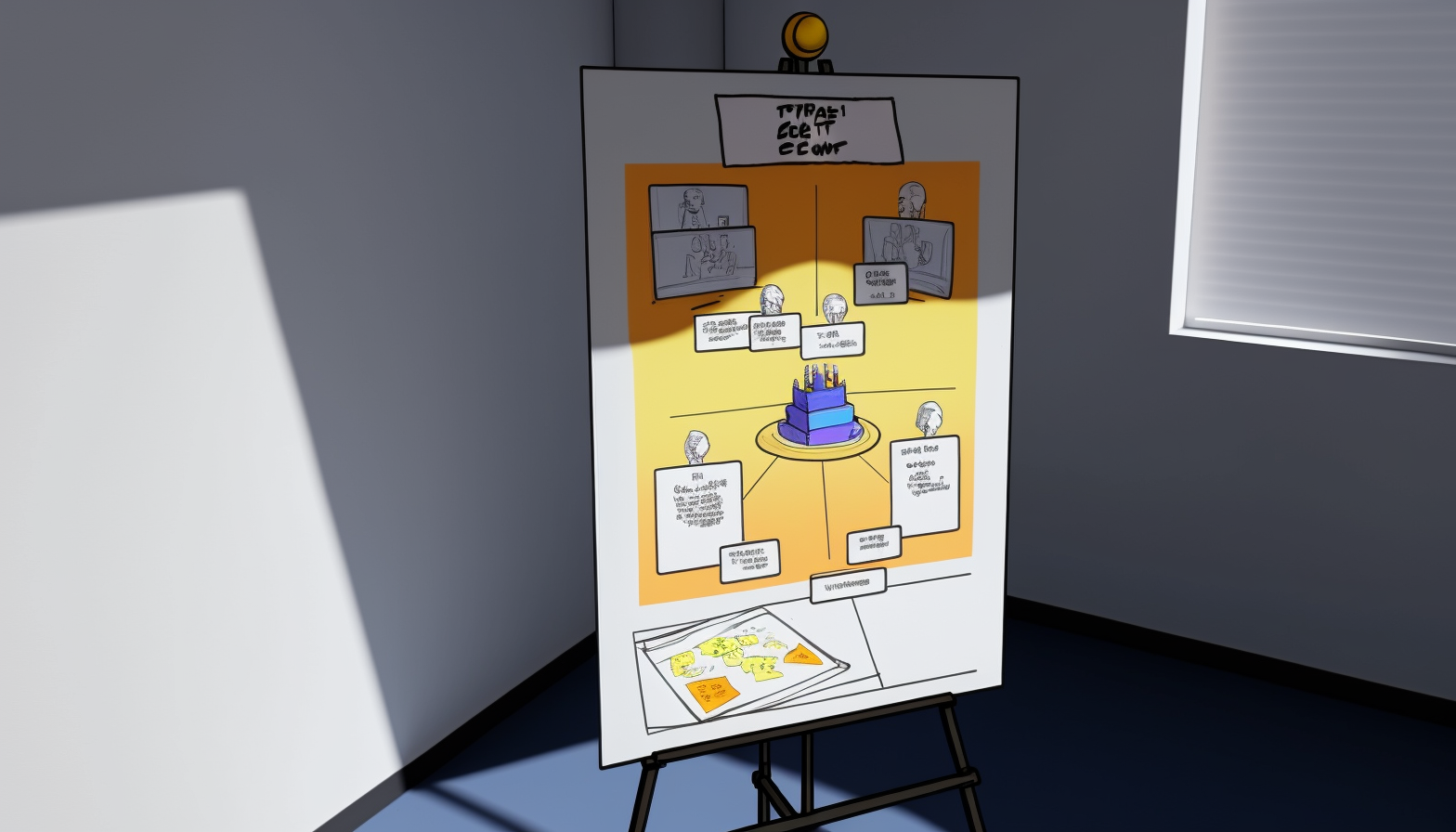Many companies are currently working on "metaverse" pilot projects (*). For these projects to be successful, they must be accompanied by strategically planned corporate communication, just like any other business project.
No matter what you are planning at the moment - an immersive showroom, an NFT campaign, a virtual customer or employee event, or a social VR-based brand world - one thing is certain: in most cases, these projects are not self-sustaining. The target groups are generally small, the technical hurdles for employees and users are comparatively high, and the mistrust or resistance to change of many people is significant. The chances are good that the project will flop or not achieve its goals, especially if it is not a love brand or a technology company in the market's focus.
Often, this is attributed to the "metaverse," the lack of maturity of the technology, or the market. In many cases, however, it is simply the result of insufficient or poor communication. Often, projects are carried out by small, isolated groups of "aficionados" who work with good intentions but lack communication know-how. Or corporate communication lacks knowledge of the context and conditions of such projects. The result: no one knows about it, no one visits, no one buys, and the number of critics is larger than the number of fans.
Good communication is essential
To avoid this, in our experience, it is important for several reasons to accompany the launch of a new metaverse or Web3 project with corporate communication measures.
- Foster awareness: An official and repeated announcement of the new project is crucial for winning over potential users and gaining the buy-in of partners, employees, and investors. Successful corporate communication can help increase the project's visibility and attract the attention of potential stakeholders.
- Build trust: Clear and transparent communication can help strengthen the trust of all parties involved in the project. By communicating project goals, roadmaps, and progress, interested parties can get an idea of what to expect from the project and how it will develop in the future.
- Strengthen the brand: Targeted corporate communication can help build and strengthen awareness of the project's brand or the project as part of the brand. A strong brand can help differentiate the project from similar projects and make it more attractive to users.
- Manage crises: Innovative and pilot projects can be subject to unforeseen events that can affect the initiative. Well-prepared corporate communication can help maintain trust in the project and respond quickly to problems.
Key to-dos and tactics
If we break down these requirements into the most important measures, these to-dos have established themselves as best practices in recent months and years.
- Work with press releases: Official press releases on the company website and in the PR distribution list are an effective and trust-building means of attracting media and journalists' attention to a new project. A well-written press release can help increase the project's awareness and arouse the interest of all parties involved.
- Take care of social media marketing: Social media platforms such as Twitter, Discord, and Reddit are important channels for reaching the project's target audience. By regularly posting and updating on these platforms, companies can increase awareness of their project and maintain user interest.
- Use influencer marketing: Involving influencers, especially in the Web3 area, can help introduce the project to a broader public and increase the project's credibility. Companies can look for influencers from the Web3 community as well as other industries such as gaming, entertainment, marketing, or education.
- Communicate the roadmap - often: Clear, transparent, and repeated communication of the project's goals and milestones can help strengthen the trust of users and partners. The roadmap should be regularly updated and communicated across different channels to keep users informed.
- Establish community management: A dedicated and active community can help drive the project forward and maintain user interest. Companies should strive to build and maintain a community by regularly interacting with their users and considering their feedback.
- Prepare for crises: Companies should have a crisis communication strategy "in place" to quickly respond to unforeseen events or problems. Effective crisis communication, when necessary, can help maintain the trust of users and investors and protect the project from long-term damage.
- Involve employees: Communicate as openly internally as you do externally. Employees can be important amplifiers, but above all, they should be well-informed. Explain to them what you are doing, why, and how it all works.
In short, successful corporate communication can – as in any other project – significantly contribute to increasing interest in a new metaverse or Web3 project, building trust, strengthening the brand, and helping in times of crisis. Therefore, it is essential for companies to carefully plan and implement their communication strategy from the very beginning.
If you are interested in consulting on this topic, feel free to send an email to Carsten Rossi.
(*) Yes, we know that the metaverse doesn't exist yet. But there are already various technologies and platforms that give us a glimpse of what it could become.

